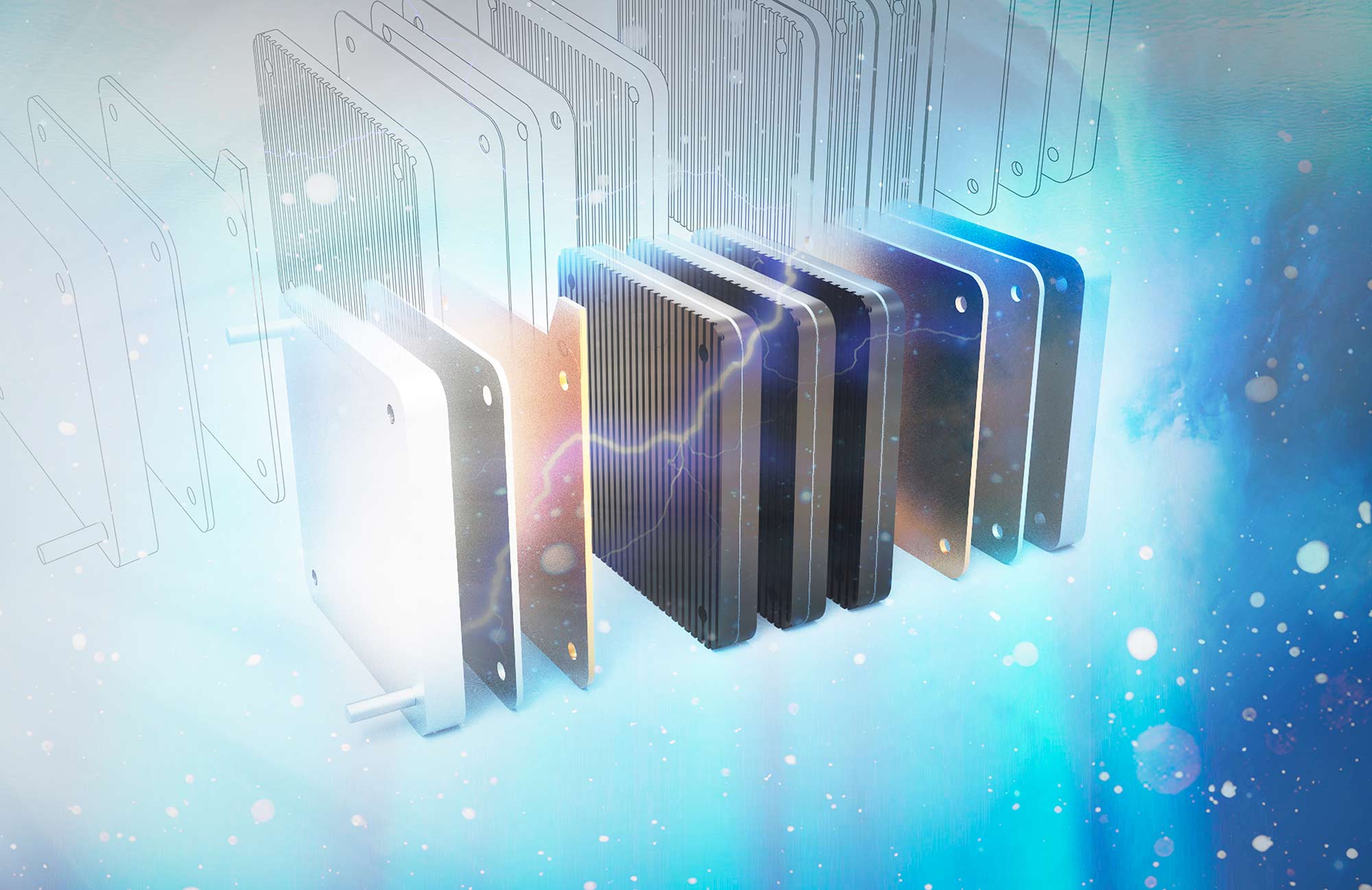Reaching a carbon-neutral power
by multiple pathways

In the overarching goal of reducing emissions to net zero, Hydrogen plays an essential role in delivering on this promise for businesses, especially harder-to-abate sectors.
Hydrogen’s potential is vastly more expansive as a flexible fuel, not only capable of shapeshifting to meet the energy needs of a wide range of energy end uses, including those that the long cord of clean-energy electrification may not readily reach, but also helps address the small but significant balancing and gap-filling needs of a high-renewables electricity grid, displacing the role of a resource like dispatchable natural gas.

Fuel cells are electrochemical converters that generate electricity through fuels (often hydrogen and oxygen).
With remarkable growth, fuel cells have provided power for various industries, such as transportation, construction, long-term energy storage, and industrial/commercial/residential usage.


Clean energy storage is starting to pick up momentum and is vital in creating a flexible and reliable energy system. It supports the rapid deployment of variable renewable energy sources and guarantees their integration into the grid.
Energy storage systems can achieve the best economic and environmental outcomes and add value at every stage of the supply chain. Depending on their capacity, energy storage systems are sizable to minimize total electricity cost or to maximize investor profits; for example:
